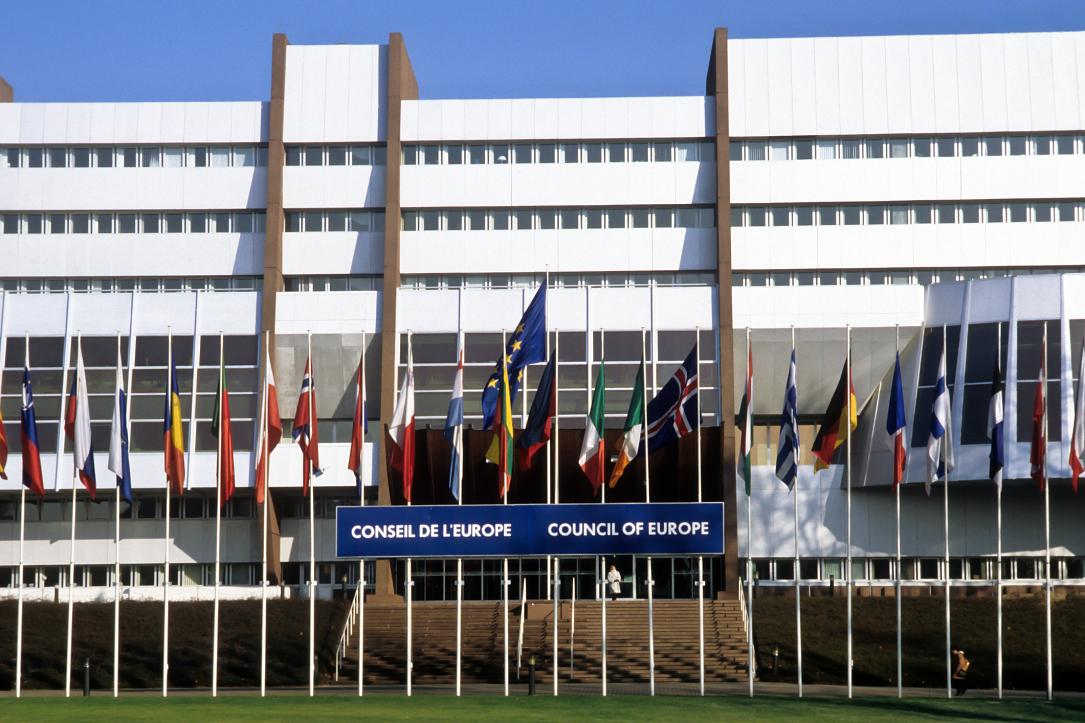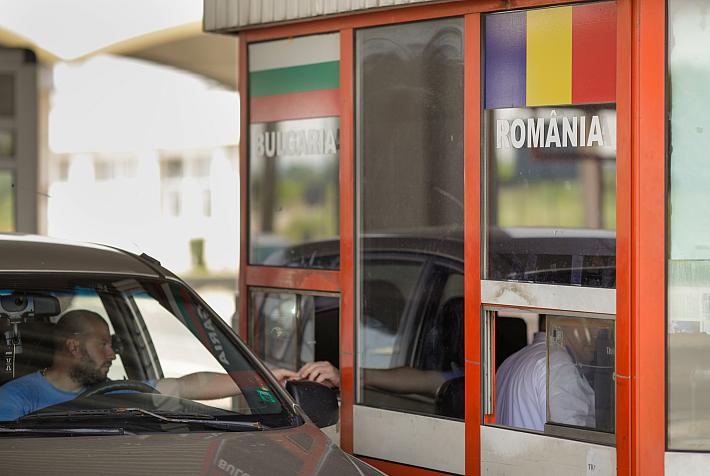Council of Europe anti-torture committee urges Romania to improve conditions in psychiatric facilities

The Council of Europe's Committee for the Prevention of Torture (CPT) published a report on Romania on October 5, calling on the authorities to take urgent action to ensure that patients in psychiatric establishments are offered decent living conditions and appropriate treatment for their mental disorders. Above all, this requires reinforcing staffing levels in the hospitals.
On a more general note, the Committee said it advocates for a shift away from institutional care towards establishing mental health services in the community, offering adequate social support structures.
The report contains the findings of a visit to Romania from September 19 to 30, 2022, and focuses on the treatment of patients held in psychiatric establishments and of residents accommodated in residential care centres.
"The most dramatic situation was found at the Pădureni-Grajduri Psychiatric and Safety Measures Hospital, where 104 patients had to share a bed with another patient. Patients were crammed into dormitories with almost all the floor space taken up by their beds; for example, in the admission ward, a room of 24 sqm was accommodating 18 patients in nine beds," reads the press release.
CTP said the warehousing conditions in this hospital "may well be considered as amounting to inhuman and degrading treatment."
According to the same report, although patients spoke positively about the staff, allegations of ill-treatment were received at four hospitals, notably in the male acute ward of Botoșani Psychiatric Clinic and at the Pădureni-Grajduri Hospital.
"The ill-treatment consisted of punches, slaps and of being pushed and shouted at by auxiliary staff for minor infractions or accidents or as part of a restraint intervention or punitively in an attempt to control the patients within an often hazardous, disturbed and understaffed environment," CTP explained.
The Committee also found that the treatment of psychiatric patients was primarily based on pharmacotherapy and said that action needs to be taken to apply modern multi-disciplinary clinical treatment approaches.
The CTP also said that the method of immobilising agitated patients to a bed with straps should no longer be applied to children. Instead, staff should be trained in manual restraint techniques, and children's wards should possess calming down rooms.
"The CPT also found that hospitals circumvented the provisions of the Law on Mental Health regulating involuntary hospitalisation to admit patients on a voluntary basis. Other safeguards such as consent to treatment, patient information and complaint procedures also need to be strengthened," the same source said.
The CPT also visited three public social care centres where residents spoke positively about staff, and the atmosphere "appeared generally relaxed." However, the report says, "the number of properly trained specialised unit-based staff was insufficient to provide proper personalised care for the large number of dependent residents. More multi-disciplinary staff to provide psycho-social, occupational, and recreational input for residents are also required."
In their response, the Romanian authorities provide information on various measures taken or envisaged to implement the recommendations made by the Committee in the visit report, notably through the National Health Strategy 2023-2030 and its Action Plan.
irina.marica@romania-insider.com
(Photo source: Dreamstime.com)













